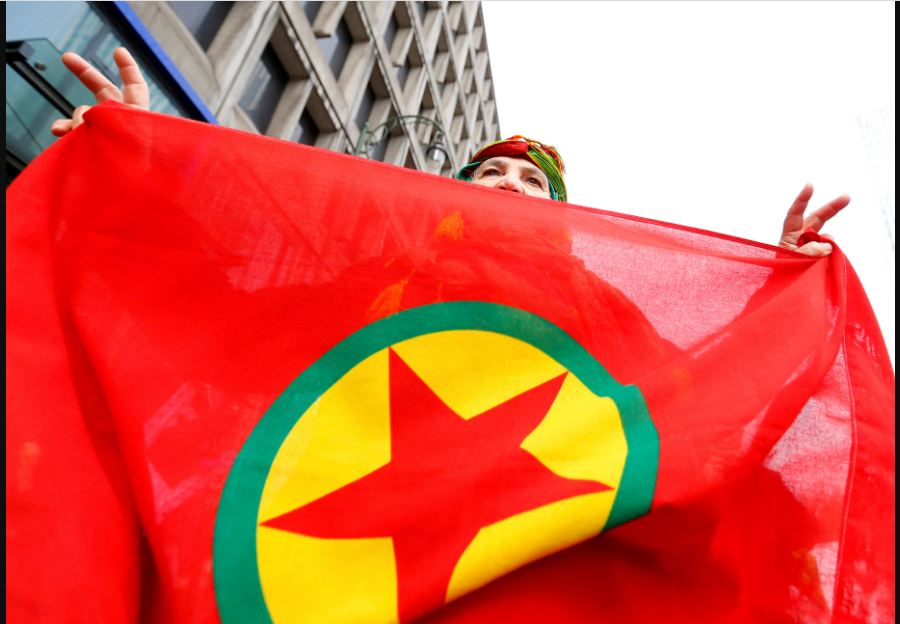Turkey freezes assets of 82 organisations, people for alleged ties to Kurdish militants
Ankara (Reuters) – Turkey froze the local assets of 20 organisations and 62 individuals based in various European countries, Australia and Japan, citing alleged ties with Kurdish militant group PKK, a decision published in the Official Gazette showed on Wednesday.
Turkey’s Ministry of Treasury and Finance said the decision was “based on the existence of reasonable grounds” that they committed acts falling within the scope of the law on preventing the financing of terrorism.
The list included 3 organisations each from Germany and Switzerland, where there is a large Kurdish diaspora. It also named 2 organisations each from Australia, Japan and Italy.
Other affected organizations spanned across Austria, Belgium, the United Kingdom, Denmark, France, Sweden, Norway, Iraq-Syria.
Sweden’s NATO Ratification
The list included one organisation from Sweden, namely the Insamlingsstiftelsen Kurdiska Roda Solen, whose social media accounts say is a humanitarian aid organization.
Both Sweden and Finland requested to join NATO in May last year following Russia’s invasion of Ukraine.
Turkish President Tayyip Erdogan raised objections at the time to both requests over what he said was the Nordic nations’ protection of those whom Turkey deems terrorists, as well as their defence trade embargoes. Turkey endorsed Finland’s bid in April, but has kept Sweden waiting.
Turkey has demanded that Sweden take more steps to rein in local members of the Kurdistan Workers’ party (PKK), which is considered a terrorist group by the European Union and the United States.
Advertisement · Scroll to continueReport this ad
Turkish Foreign Minister Hakan Fidan told NATO counterparts on Tuesday he was working hard on Sweden’s NATO ratification which is currently being debated by the Turkish parliament and provided a likely timeline of before year-end for the Nordic country to formally join the alliance, a senior State Department official said.


